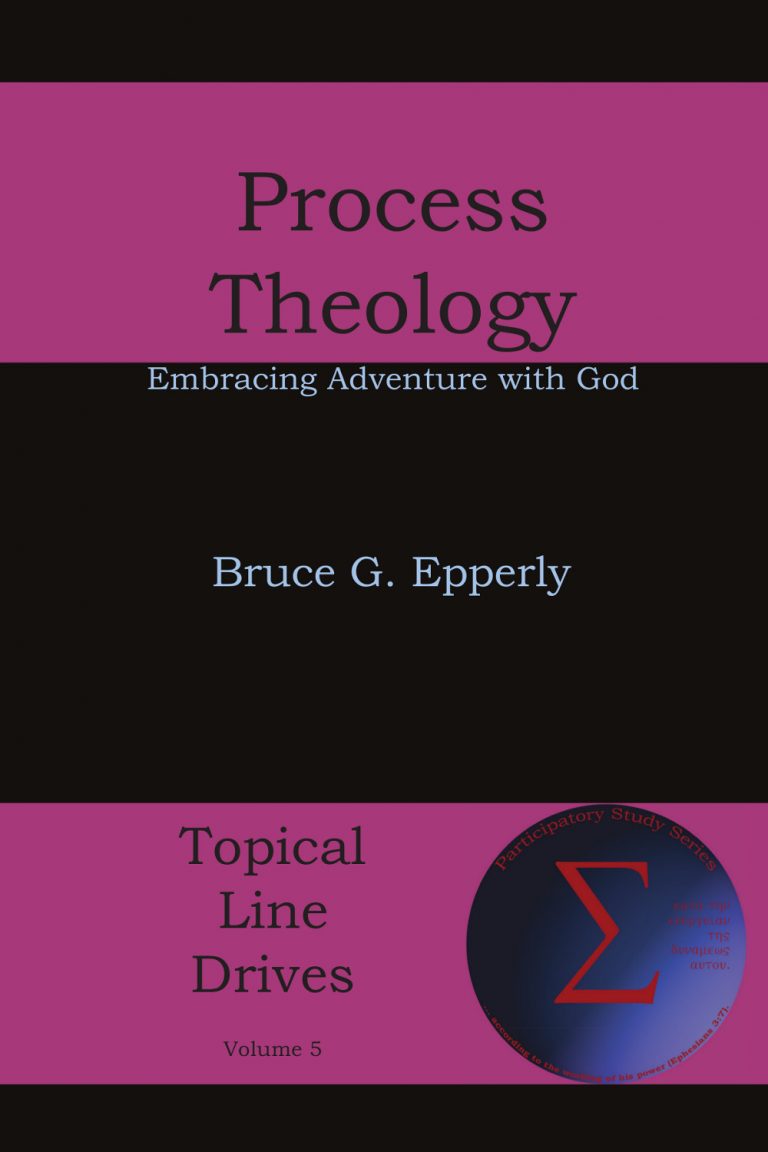Property May Stay with Breakaway Churches
According to a story on MSNBC.com, some breakaway Episcopal churches in Virginia may be able to keep their property rather than having it go to the denomination.
This is a ruling on only one point, and it is based on a law from just after the civil war when there were many issues of this type in the southern states. It will only be applicable in Virginia. It is nonetheless good news for those congregations.
While I do not sympathize with all the reasons why these congregations are separating from their denomination, I do think it is foolish and not very Christlike for the denomination to try to keep the property. In many jurisdictions, the property will legally belong to the denomination, but when a congregation separates, the denomination is likely to end up with empty property. They can, of course, sell it for cash, which provides them with some resources, but they do so at the cost of such good will as may remain. They also provide a spectacle of bad behavior for the world.
As I did when I wrote about this type of issue before, I will quote Paul to the Corinthians: “Wouldn’t it be better to be wronged” (1 Corinthians 6:7)?


Is that really the case? At least in some cases, these sorts of separations are preceded by a split within the congregation. It might be true that it’s 40% of the congregation rather than 60%, but it’s highly unlikely that it’s 100-0. In addition, of course, any sort of rift is going to have turned people off before it actually occurs – granted, on both sides. So the people voting, in the end, are likely to be only a small portion of a church’s “wider” membership (church “alumni”, as Spong calls them).
I’d be interested to know how many of those alumni would come and fill the church property, and how well they would be represented by the denomination.
In many cases, too, these votes are by a huge majority. As frequently happens in Methodist churches, the congregation progressively takes on more and more of a single complexion. Changing the flavor and then rebuilding the church is probably harder than planting a new one.
But most importantly, I think it is more Christlike for the denomination to try to take care of everyone as fairly as possible. Of course the congregation should as well, but other than in this Virginia case with 11 congregations, the local church is usually in a poor position legally.